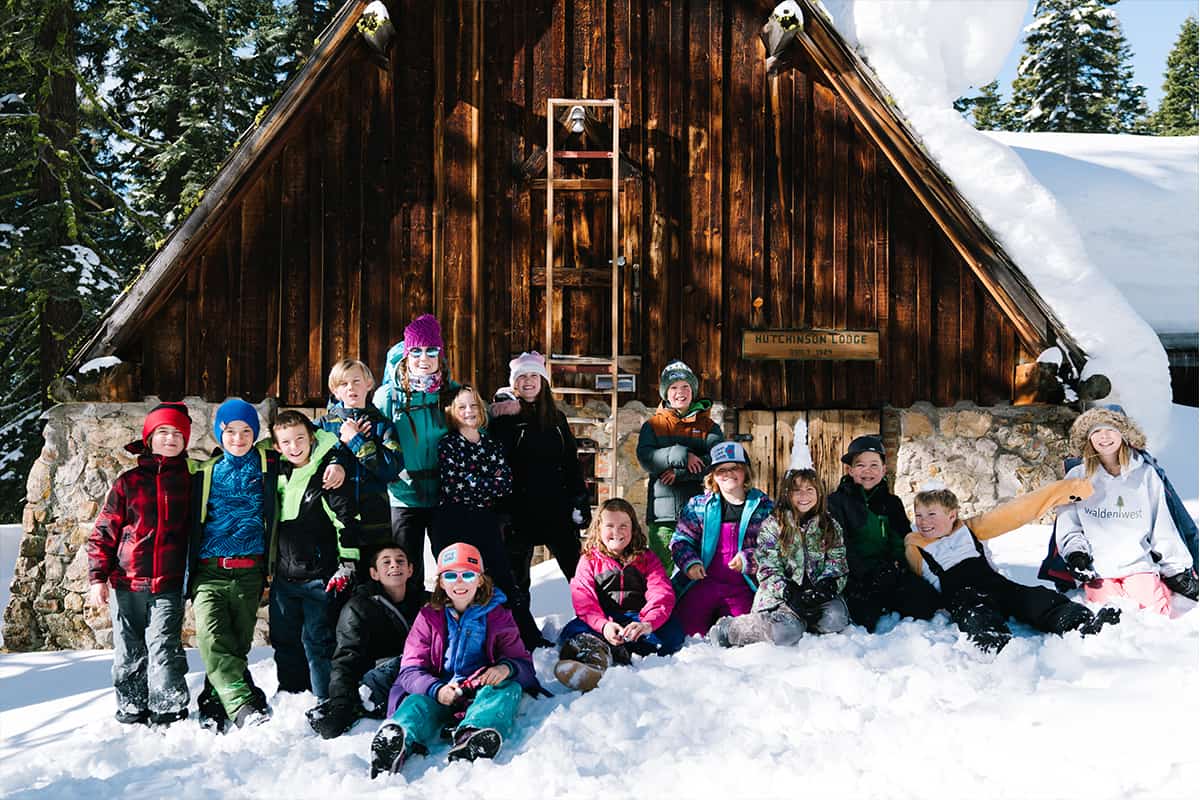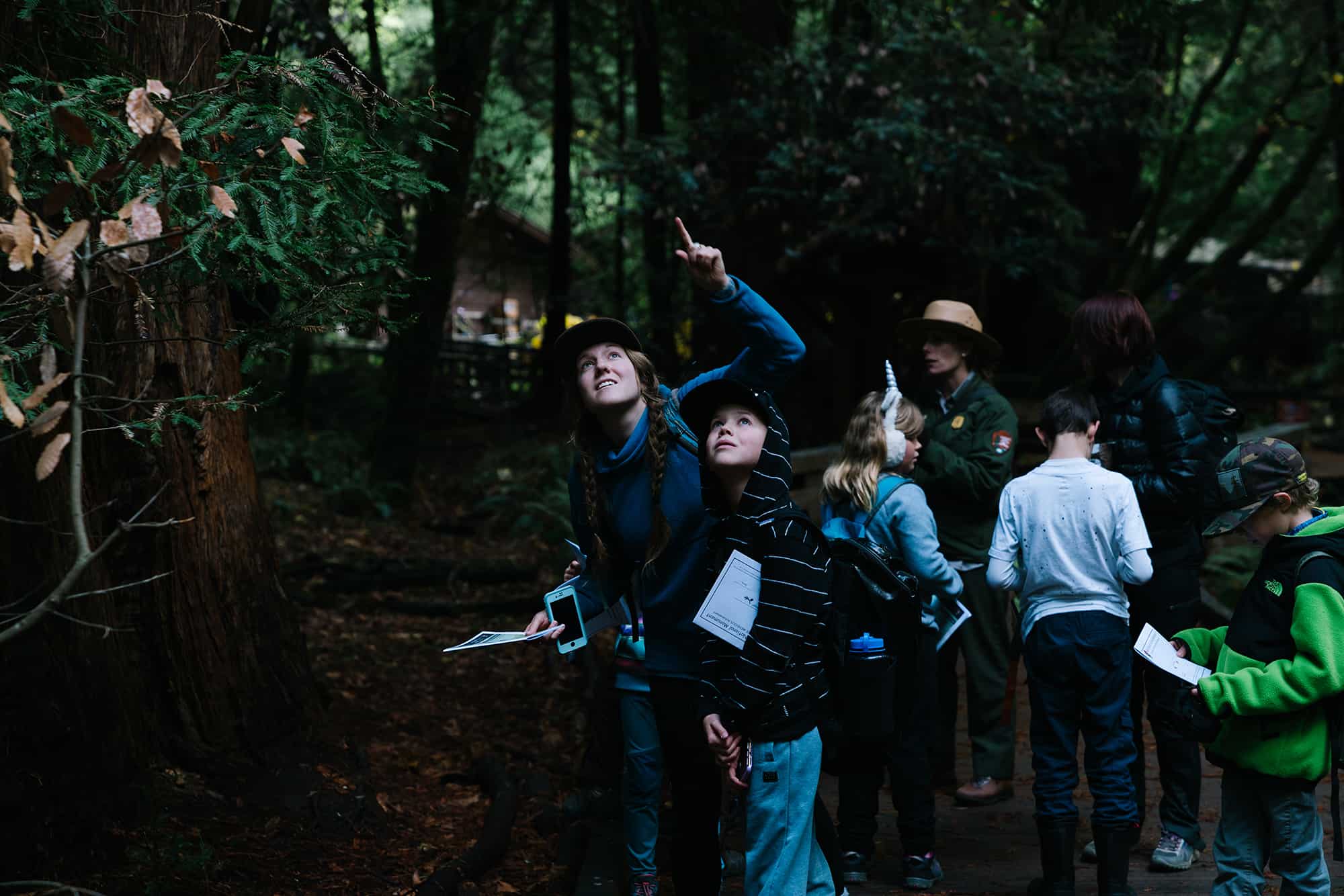From the Backcountry to Basecamp: How Fieldwork Strengthens Relationships By Carolyn Highland
We were on the third hour of our drive from Yosemite back to TEA Basecamp when we hit construction traffic in Incline Village. We were tired, smelly, and told that we could be waiting for up to 30 minutes to continue North on 89. Rather than despair, I put the Suburban into park, cranked up the tunes, and we had an epic lakeside sunset dance party until we were told we could proceed.
Time seemed to slow as the sky turned orange and we felt the base pumping the car and whooped at each other’s best dance moves. Even when we were finally allowed to continue toward Truckee, we kept the music loud and the boogie strong, rolling up to campus with the windows rolled down and the energy high.
I looked around me at the beaming, dirt-streaked faces of my fourth graders, and felt like we were all getting to see each other in the fullness of our beings–beyond the roles of teacher and student, beyond the confines of the classroom.
It was my first overnight trip at TEA, and we had spent three days and two nights in Yosemite National Park, hiking around and taking an art class and getting to see what Ansel Adams and John Muir saw when they immortalized the valley through their art. We had written in our nature journals in the dried up creekbed below Yosemite Falls and figured out how to set up tents and worked together in cook crews to prepare meals. We had done this after knowing each other for less than a month.
"I looked around me at the beaming, dirt-streaked faces of my fourth graders, and felt like we were all getting to see each other in the fullness of our beings"
I had led adventure and service trips for four summers and experienced the intense bond that forms among a group when you spend two straight weeks together in the wilderness or a foreign country, and I had spent four full academic years with groups of nine and ten years olds in the classroom. But combining the two was an entirely new experience, and a month into the school year, I had no idea just how powerful the connection between those spaces would be.
I spent four hours each way in the car talking to my students about life, did midnight chaperoned walks to the bathroom, supported them through lost-belongings-crises, stood below El Cap with them in awe. We brushed our teeth together, ate dinner together, and wrote nature poems together.
These things may seem small, they may seem disconnected from academic learning that occurs at tables and chairs, but they are not. They are the building blocks of relationships, and relationships are the pillars of a thriving classroom.
When I was in graduate school in Denver, we were shown a TEDTalk by an educator named Rita Pierson, in which she says, “kids don’t learn from people they don’t like.” This statement gets to the very core of my philosophy on getting the best out of students, behaviorally, academically, and socially: relationships are paramount.
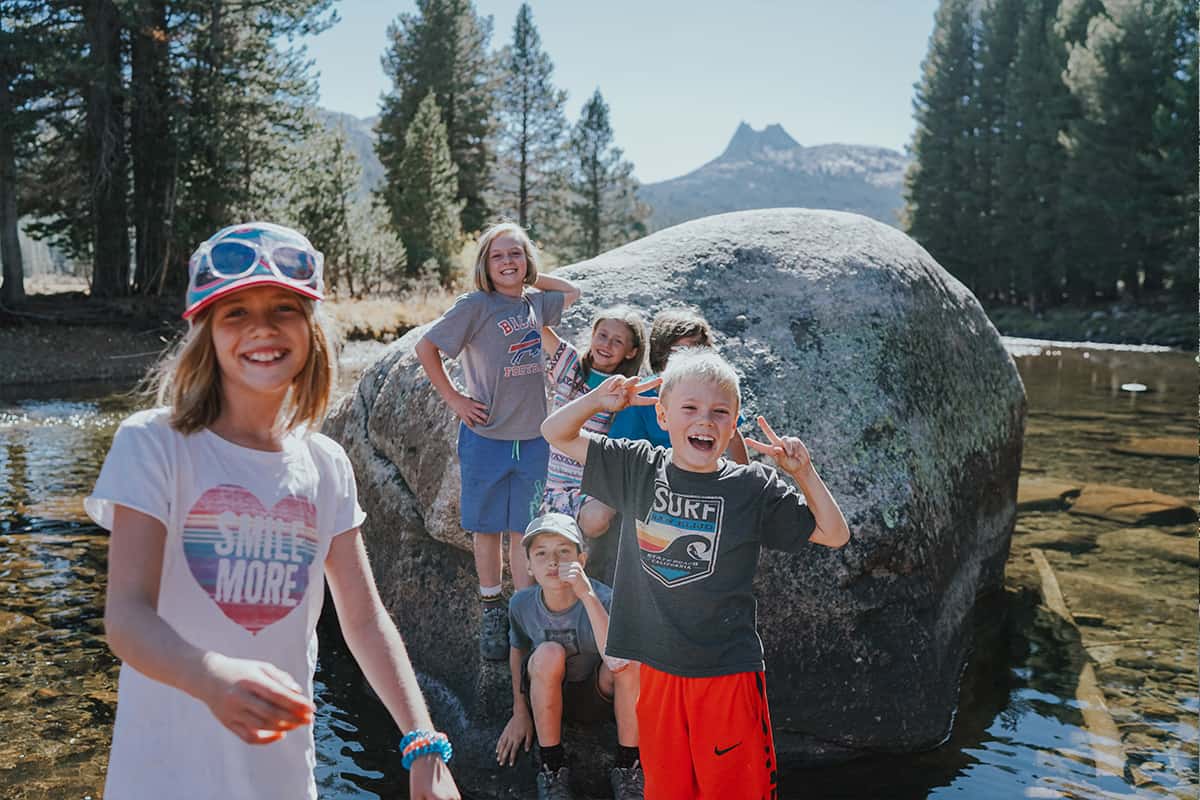
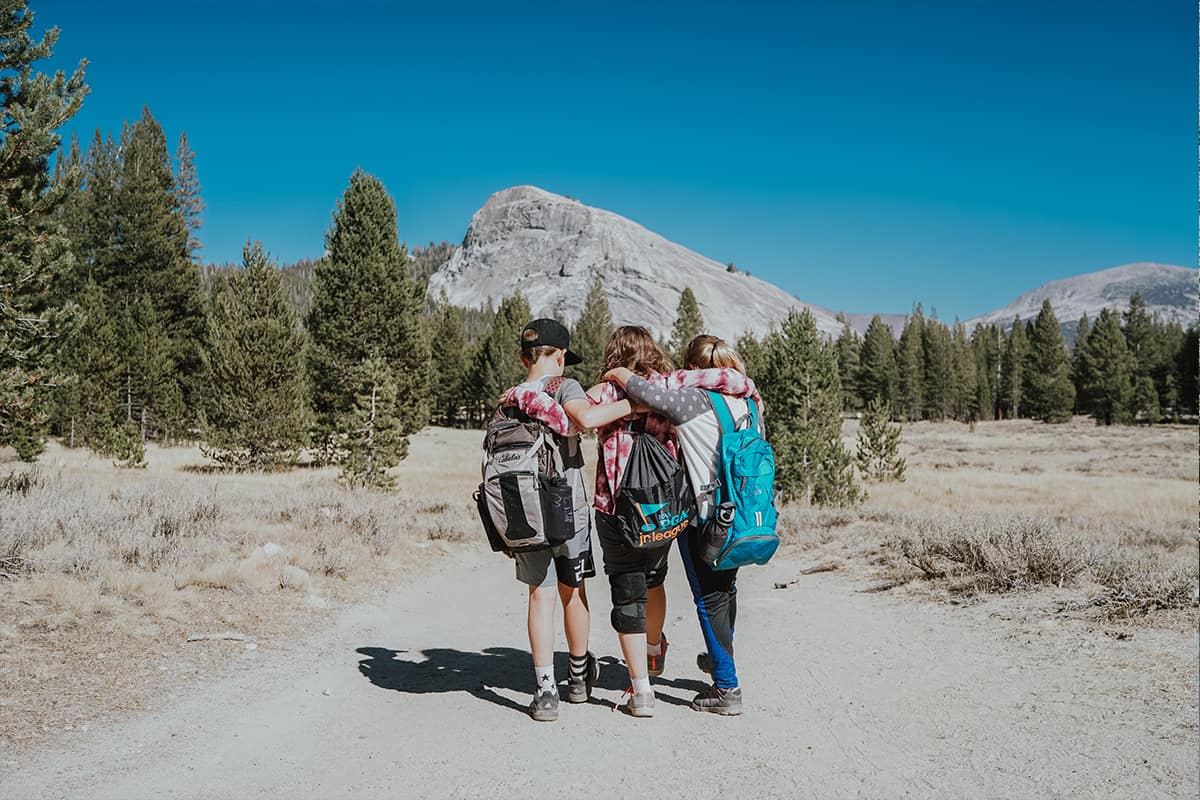
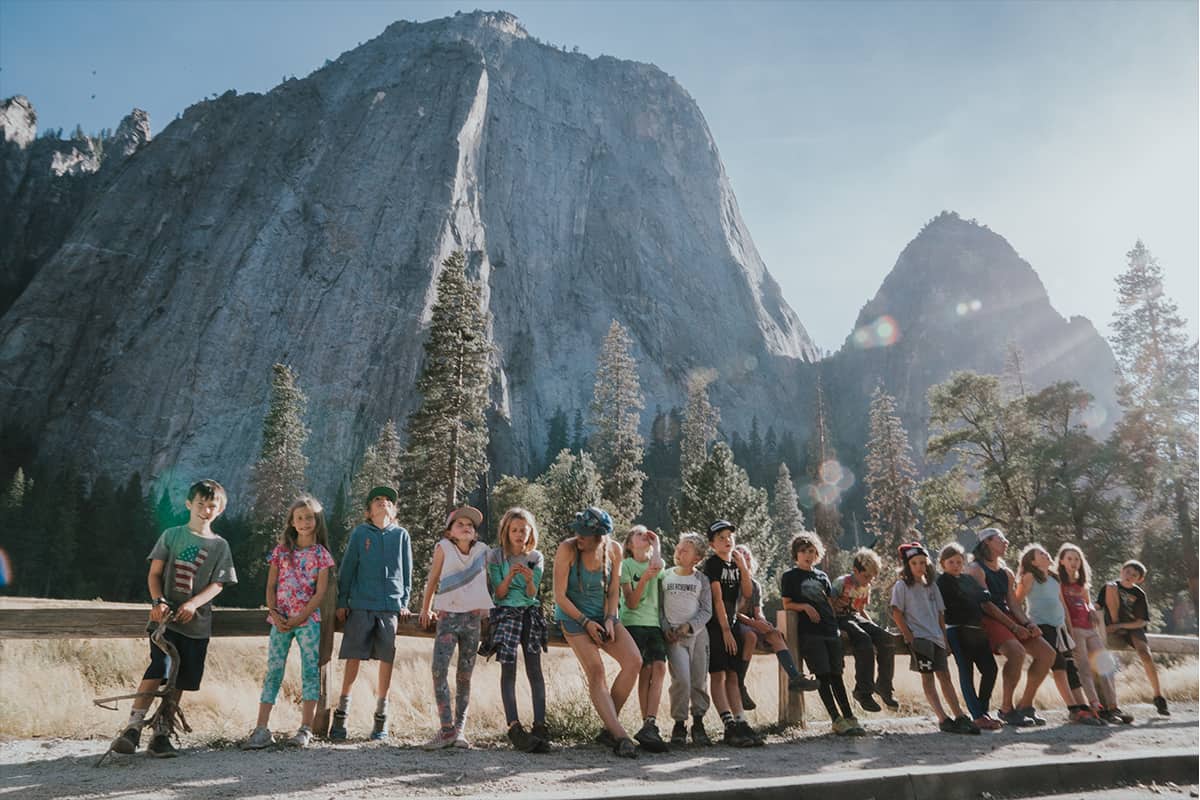
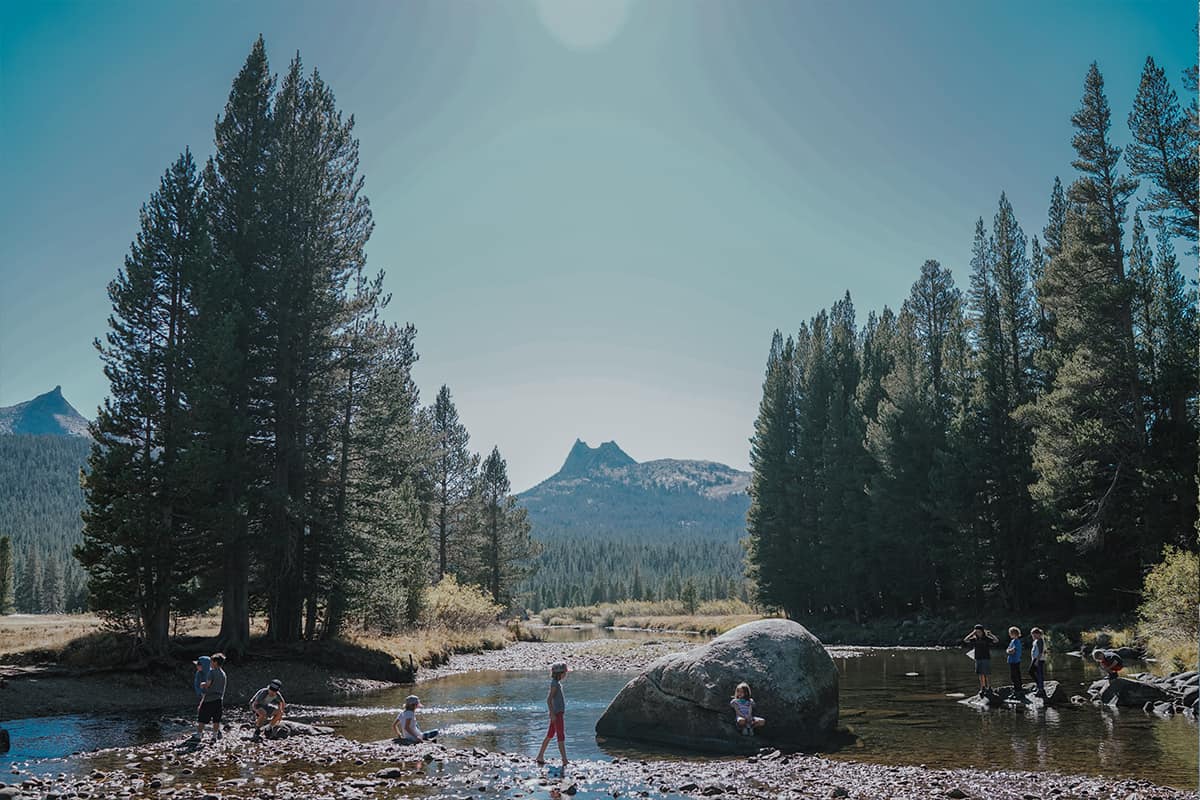
"These things may seem small, they may seem disconnected from academic learning that occurs at tables and chairs, but they are not."
I have never faced a single issue with a student that could not be resolved by spending time with them, listening to them, caring about them, and getting to know them. A student who feels seen, heard, and cared about is a student who is more likely to be productive, respectful, and resilient in the face of challenge. Over the years, I have watched students who struggled enormously in academics or with behavior transform into the incredible, shiny human beings they have always been, simply because they were given space to do so. Simply because someone believed they could.
In Yosemite, I realized that fieldwork gave me an additional lever for relationship building. Suddenly I was able to spend time with students beyond simply hearing about their weekends in morning meeting, or checking their work in class, or observing their interactions with others on the playground. I was able to comfort them when they were feeling homesick and pep talk them when they got frustrated with fitting their sleeping bag into their stuff sack and experience the stunning power of nature with them. We returned to campus with a vibrant, three-dimensional cluster of collective memories that would strengthen our bonds with each other long after we’d left the field.
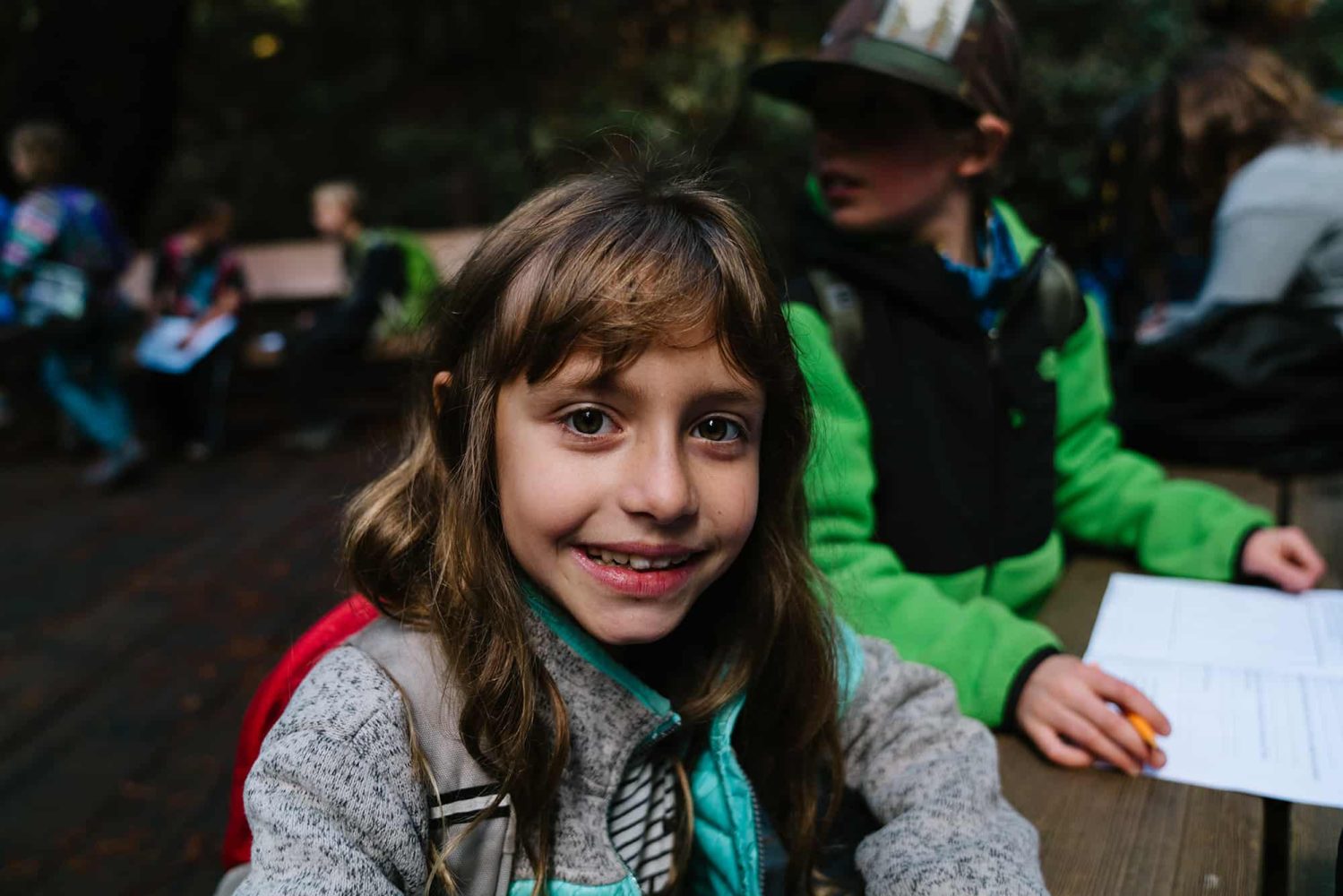
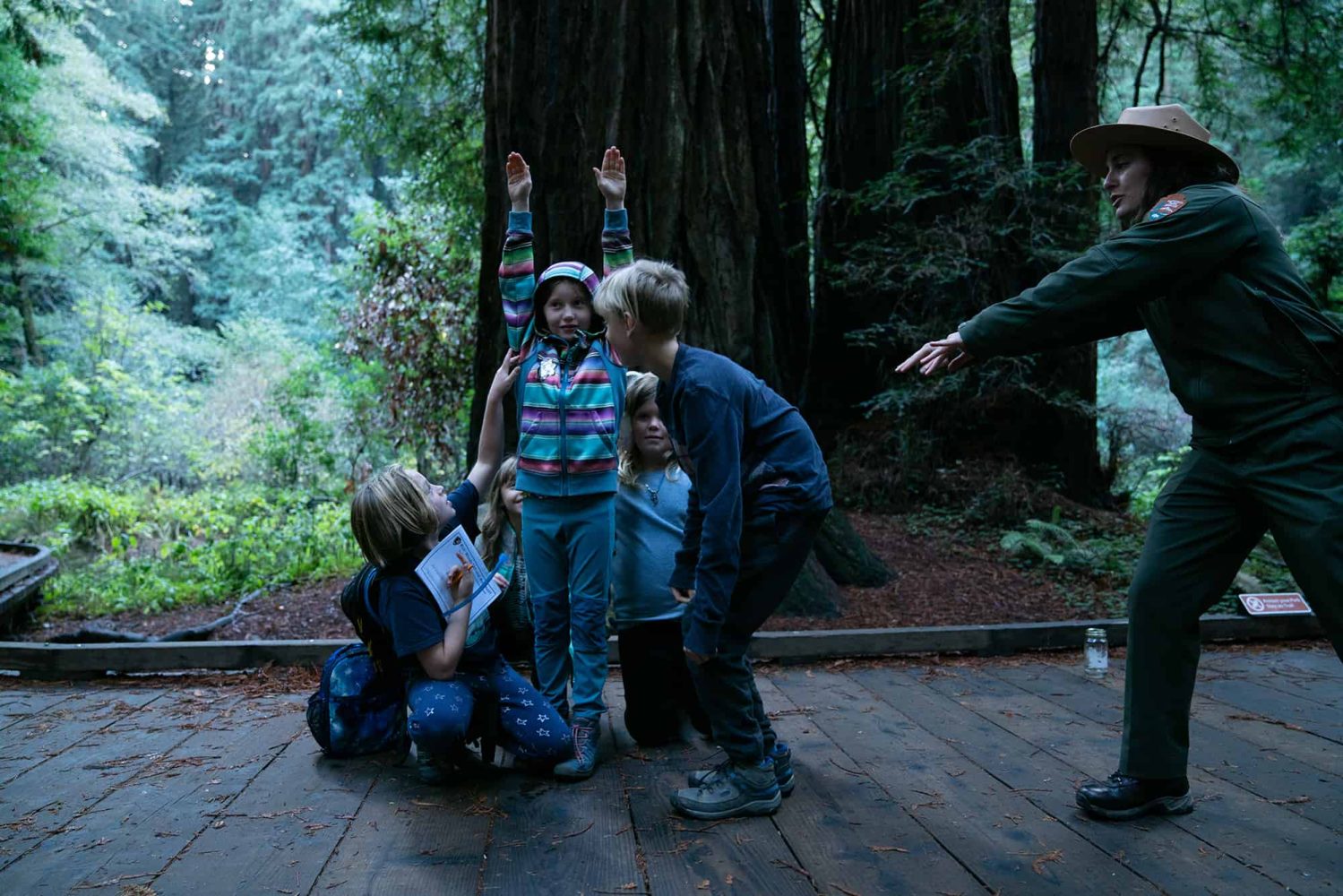
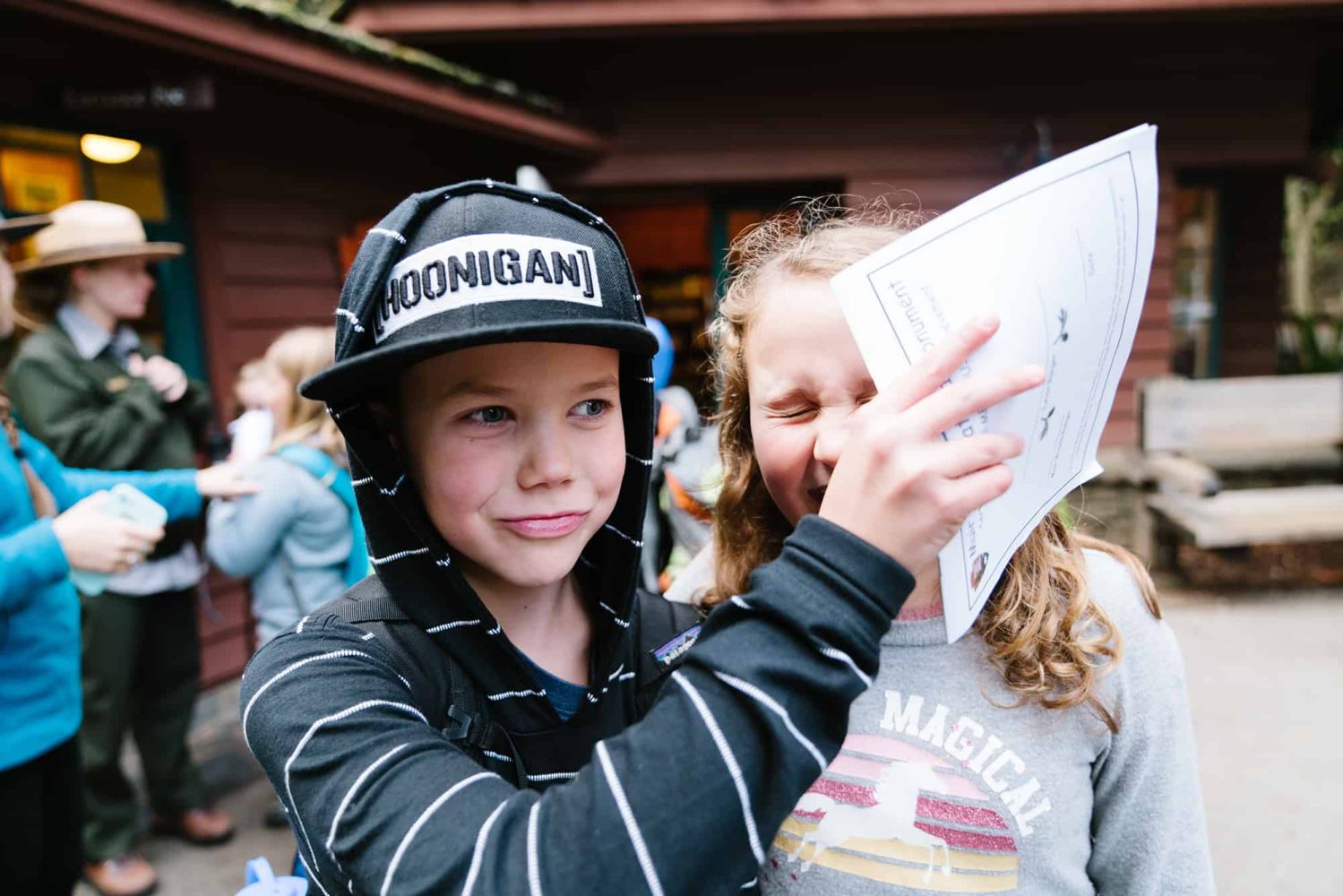
"Over the course of this year, my crew and I have gone on five overnight field studies together (and are preparing for a sixth next month), and we now spend our days in the classroom like a well-oiled machine."
I approached it strategically–purposely placing students who were struggling with behavior in my Suburban for some quality time, hanging back to hike and chat with students who seemed despondent, making sure to applaud the perseverance while setting up a tent of a student who hadn’t yet shown perseverance in writing paragraph responses. Fieldwork provides teachers with thousands of micro-opportunities to relationship build in ways that completely change the dynamic back in the classroom.
Over the course of this year, my crew and I have gone on five overnight field studies together (and are preparing for a sixth next month), and we now spend our days in the classroom like a well-oiled machine. We know each other, support each other, challenge each other, care for each other, in a way that would not be possible if we hadn’t spent mornings trying to put away wet tents and afternoons hauling huge backpacks up rocky trails and nights around the campfire appreciating each other.
Students that started off the year refusing to listen and failing to control themselves have transformed into the responsible, kind, capable versions of themselves that were always lying in wait. Students who resorted to anger and disrespect when in conflict with their peers now genuinely own their part and empathize with others and sincerely apologize.
Students who gave up on themselves after one failed attempt at a multiplication problem now summon the resilience they found in the cold on our snow camping trip. Students who had to write letters to their parents explaining their repeated disruptiveness in class now immediately adjust their behavior after a pointed look because they don’t want to disappoint me or distract their peers.
This month, my crew and I sang “Lean on Me” for TEA’s Got Talent. We all spent weeks practicing and memorizing the words and getting our clapping timed exactly right. Months earlier, many of them would have thought it was lame to sing a song, or would have been too shy to get up in front of a huge crowd of people, or would have mouthed the words instead of actually trying. I watched as those same students asked for more time to practice and sang their hearts out and took it seriously–because it was something we were doing together. It was something we were sharing as a crew, something that was meaningful to us.
Standing up there on the stage, after 8 months of learning and laughing and listening and struggling and exploring and sharing and growing together, in the wild and back at basecamp, we were more than just a crew. We were a family.
